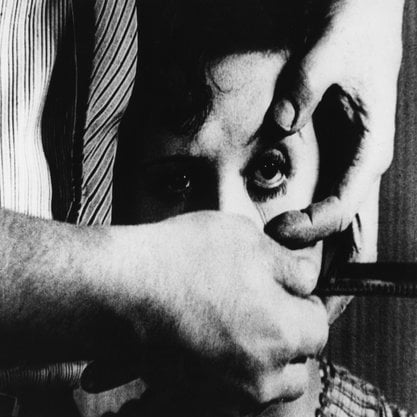Article
Ophüls, Max (1902–1957) By Pringle, Thomas Patrick
Article
Max Ophüls is an important critic and filmmaker of the postwar period, known for his opulent set design, kinetic long-takes, and proto-feminist melodramas, a source of inspiration for the French New Wave. Born into a family of wealthy Jewish textile industrialists in Saarbrücken, Germany, the young stage director changed surnames from Oppenheimer to Ophüls to spare his relatives the shame of his pursuing a career in the arts. He directed five films in Germany before fleeing to Paris after the burning of the Reichstag in 1933. He subsequently escaped Europe in 1941 and joined the Jewish émigré directors in Hollywood. After several years of unemployment, Ophüls directed his best-known American features: The Exile (1948) and Letter from an Unknown Woman (1948).

